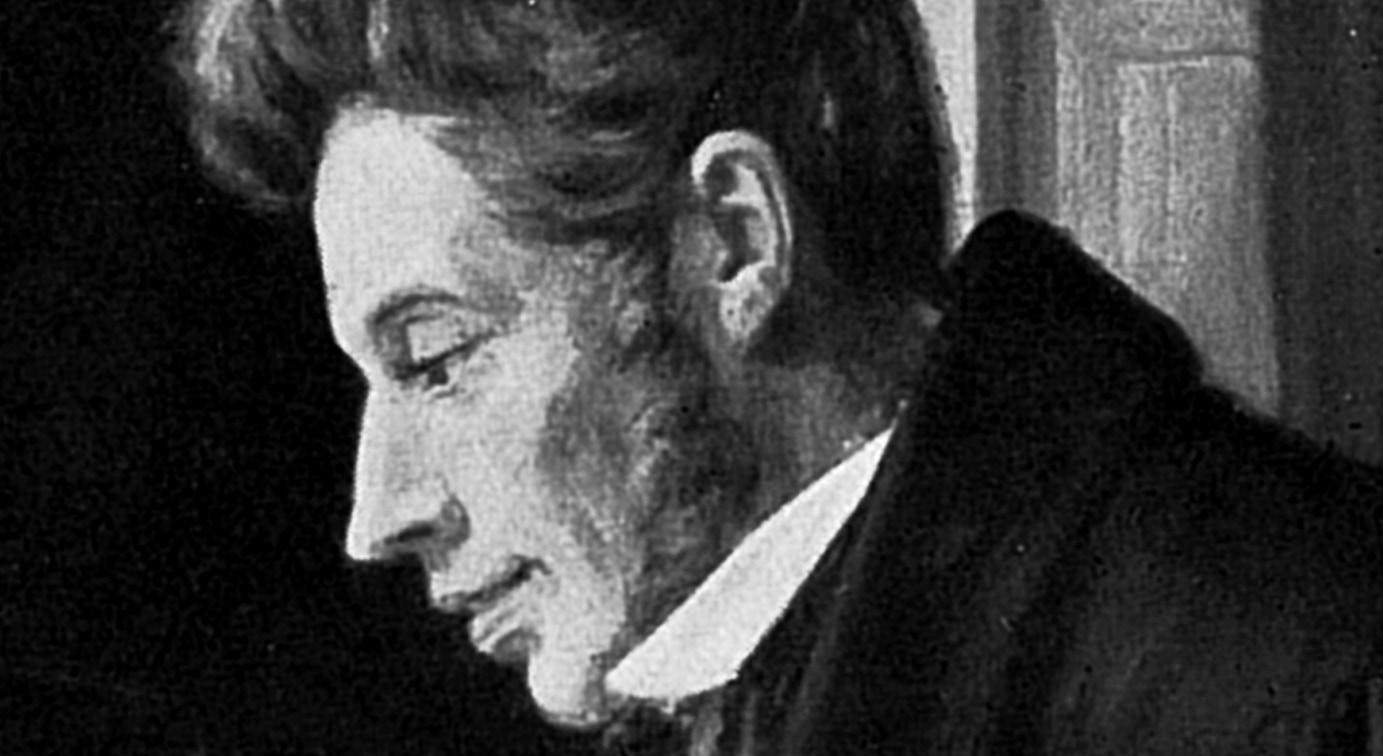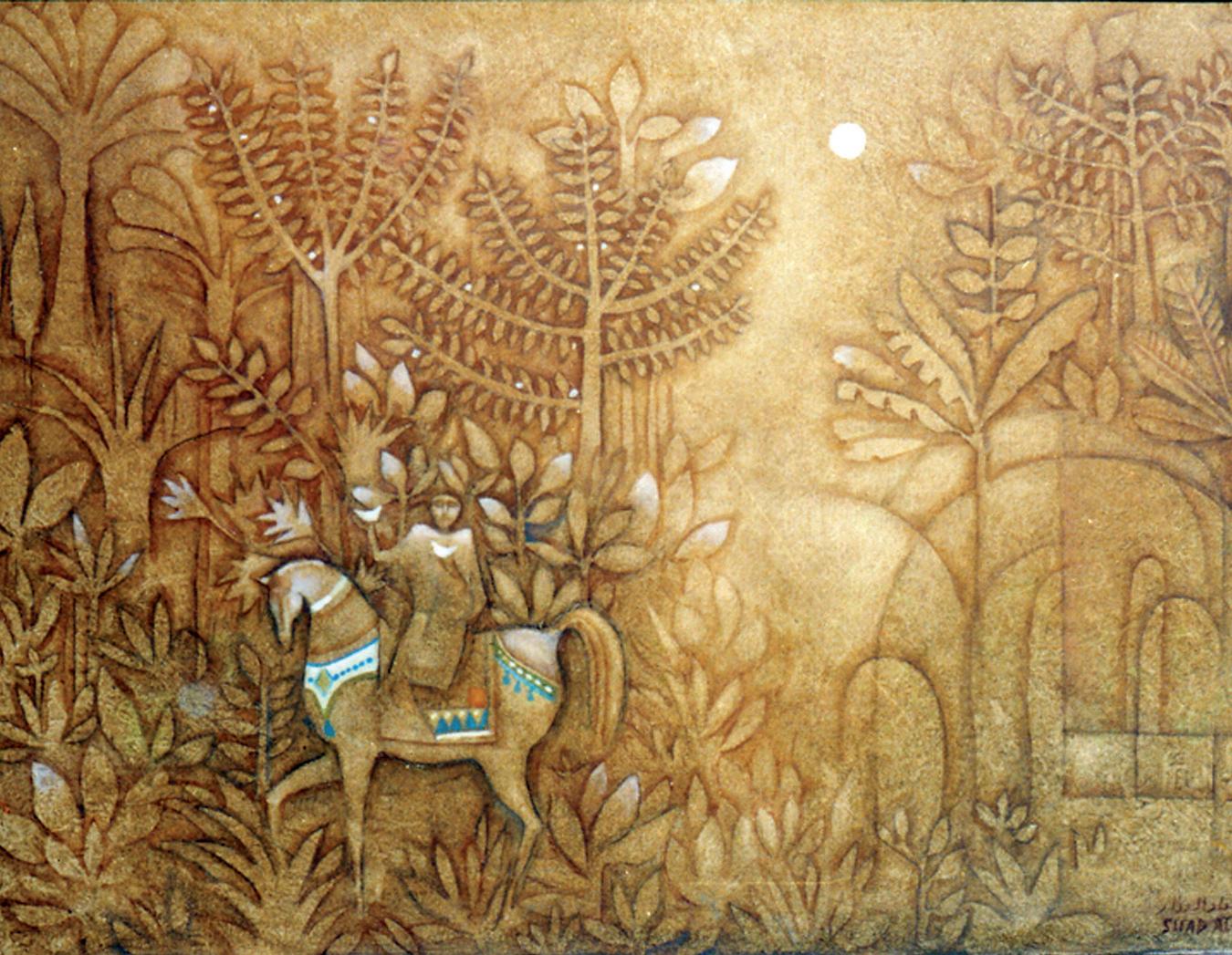
8 minute read
books I bow my head to love
BOOK REVIEW SØREN KIERKEGAARD WHAT LOVE DOES
Arjo Klamer
Advertisement
I bow my head to love
Reciprocity is a concept an economist can work with, even if it concerns immaterial matters: you do something for someone else, and the other one does something for you in return. However, the observations of Søren Kierkegaard about true love surpass this form of moral bookkeeping in a surprising way, at least, this is how the economist Arjo Klamer experiences it. ‘It make me speechless.’
If anything gives a distorted image, it is the addition and subtraction of bookkeepers. Periodically, all of us are confronted with it, if we have to complete our tax returns or to compile nancial statements. Revenue, expenses, assets and liabilities: adding and subtracting, and we know how much we have earned or how rich or poor we are. All these gures look solid and the results seem incontrovertible, but how realistic are these gures actually? Do they indeed do justice to the essential aspects of life? Does my income say anything about the quality of my family life? Does a balance sheet tell us anything about the inspirational power of an organisation? And what does the GNP say about the strength of a society? Did you ever calculate your happiness? These questions are a bit peculiar for an economist. We economists are purportedly occupied with the profane, with everything that can be expressed in monetary terms. What matters to us would be the exchange, this for that, quid pro quo. The world of economics is the hard world, far removed from everything soft, like feeling, beauty, love and holiness. This certainly applies to matters like a caring family life, an inspiring organisation and a strong society. Therefore, if an economist takes up Søren Kierkegaard’s book What Love Does, you should not expect that he can do very much with it, at least not as an economist. As the son of a vicar, this is di erent for me. Books of the Danish philosopher were regularly on the bookstand downstairs. Kierkegaard was the philosopher who confronted me with the value of truthfulness. If I wanted to know how hypocritical, hesitant and fearful my own life was, I read his obsessive struggle with the existential questions, his consistent attempts to fathom these questions and about his life that was, seemingly, consistent with his own conviction. I was immensely intrigued by the fact that he wanted to break with the only great love of his life, the love for a woman, because of his struggle with true love that, according to his conviction, surpassed this other love. How could he, I wondered desperately during my


to love

quest particularly for this worldly love? How far he went in his thinking about love appears once again from this book. His understanding of love was so complete that I begin to feel small compared to it. However, all of this has nothing to do at all with economics, one would think. But then it comes. It is Kierkegaard’s language that makes me scratch my economic head. In chapter 5 of What Love Does, he refers to Romans 13:8: ‘Owe no one anything, except to love one another.’ ‘Love,’ he quotes an ancient wisdom, ‘is a son of wealth and poverty.’ No one is so poor as someone who is without love. Then follows his central statement: love creates a debt, an in nite debt. Wealth, poverty, debt: they are the concepts of economists. If I read with this consciousness, I notice how much Kierkegaard thinks in terms of money. Just see this diary entry: ‘I was born in 1813, in this year of corrupt money, when many a bad banknote came into circulation. My life can best be compared to this kind of money. Something great was hidden in me, but it had no value due to the business cycle.’ My father would never have been able to say anything like that, averse as he was to anything to do with money. In the world of what is sacred, this fascination with the profane is not exceptional, as we see when we continue reading. Take the Bible. In this sacred text, the economist can delve to his heart’s content. Sometimes, it seems as if you hear bookkeepers, even if it concerns moral bookkeeping here. This means that pro t will come in other forms, for instance in the form of grace and blessing. Sins are booked on the credit side. If I have in icted something on someone else, I am indebted to this other person and my balance is negative. This person may seek retribution; this may occur in the form of money, but this is not necessary. Also the God of the Old Testament seeks retribution. We are still paying the debts, with which Adam and Eve left paradise. It appears that acting morally is nothing else than a form of moral bookkeeping. It is, therefore, a matter of adding and subtracting. It is not very di cult to recognise this insight in daily life. If someone helps me, this person is entitled to expect something from me in return. This is what is called ‘reciprocity’, and this reminds us of the exchange to which economists pay so much attention. However, the former interactions are a bit more complicated, because a clear means of exchange like money is lacking. Someone may do me an enormous favour by giving me a ride, sincere attention or a lucrative contact, but if and how I will repay him is problematic. Usually, giving money in compensation doesn’t work. It may even be insulting, so that my debt to this other person increases rather than decreases. It usually works better to reciprocate, for instance by writing a letter, by securing a job for the benefactor’s child (we may, therefore, also reciprocate the favour to another person), or with a sincere: ‘Thank you very much.’ This last gesture is remarkable. You receive
Arjo Klamer is professor of cultural economics at Erasmus University, Rotterdam. He has tried to name the incalculable element of economics in his book For Heaven’s sake (Ten Have, 2006). He spoke the above text on the occasion of the presentation of the new translation of Søren Kierkegaard’s book What Love Does, translated by Lineke Buijs and Andries Visser, Publishing House Damon. This text was published earlier in Trouw, 1 December 2007.
something big, perhaps something expensive, and the only thing you have to say is: ‘Thank you very much.’ These words are then counted as repayment of the debt. This behaviour is actually nothing else than seeking the balance between pro t and loss, between having a debt and being due something. However, the crucial di erence with hard economic exchange is that you do not deal with hard cash, but with elusive quantities like words and gestures. My wife and I spend loads of money and lots of time (she in particular) on the upbringing of our children and we are grateful if they still look us in the eye and help wash the dishes once in awhile. We hope that they will later visit us periodically. My expectation that later, in exchange for our care, they might also look after us is jeered at as unreasonable and imposing. Children who nowadays care for their parents feel easily overburdened, despite the care that they received in the past. This used to be di erent; the balance has apparently shifted in their direction. Anyway, having a relationship is a matter of give and take. The trick is to know when giving and taking is in equilibrium. However, this trick also applies in a larger context. The Germans, much more than the Japanese, experience World War II as a great debt that has not yet been fully repaid. After World War I, the French demanded retribution in the form of money, coal and steel factories. The bookkeepers calculated how much was needed of everything to compensate for the loss of French lives and economic capital. The Germans experienced this settlement as unjust and this is why they looked for compensation, resulting in the familiar tragedy of World War II. After that war, the Americans thought it would be better to help the debtors instead of punishing them, resulting in a great feeling of guilt by the Germans. This is why the Germans were, amongst other things, prepared to sacri ce their German mark. And still it is not enough. The debt seems endless. And this brings me to the most intriguing observation that Kierkegaard made about love. As I already quoted above, according to him, love creates an in nite debt, indeed, even for him who loves. This cannot be right, I initially thought, as likewise everyone else thought when I confronted them with this. He who loves, gives his love to others. By receiving this love, the others owe him something. For don’t we calculate in this way? No, according to Kierkegaard, it is exactly the other way round. Although he writes in a way that is not always easy to follow, after I had reread it a few times, I understood what he meant. Love that creates a debt cannot be true love. True love cannot be repaid. Someone who gives love does not become poorer by it and, therefore, need not be compensated. Rather, according to Kierkegaard, by giving love, his debt only increases, and ultimately becomes in nitely large. How is this possible? Well, this great thinker explains, love is a gift, a gift of God, he would say. He who has this love, is immensely rich and in this way is in nitely indebted to God. Therefore, he does not need anything in return for this love, because in this love, he is full of gratitude towards his God. This makes me speechless. As a human being, this love seems humanly impossible – I don’t know any person who lives in this love – and my inner bookkeeper doesn’t know the rst thing about it. However calculating we are in the reciprocity of our daily, moral life, in the end, acting in truthfulness is incalculable. I humbly bow my head to the love that Kierkegaard describes so graphically.
Right: Crowned head, originally colourfully painted









